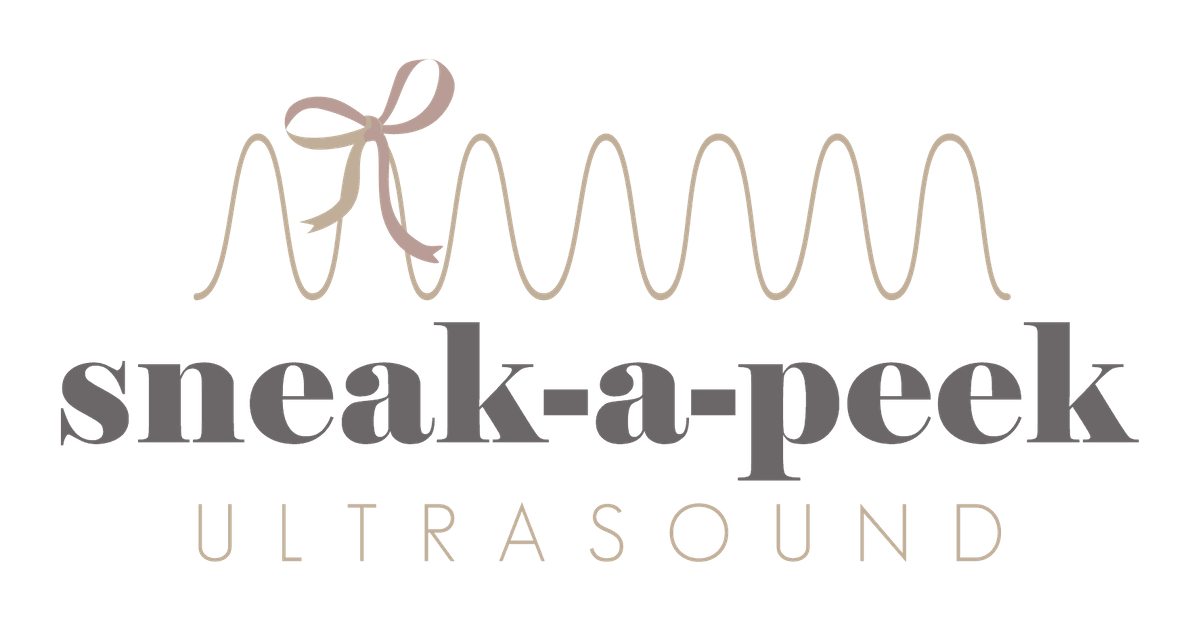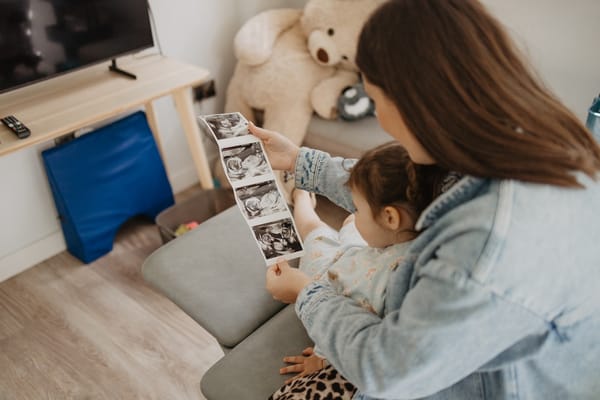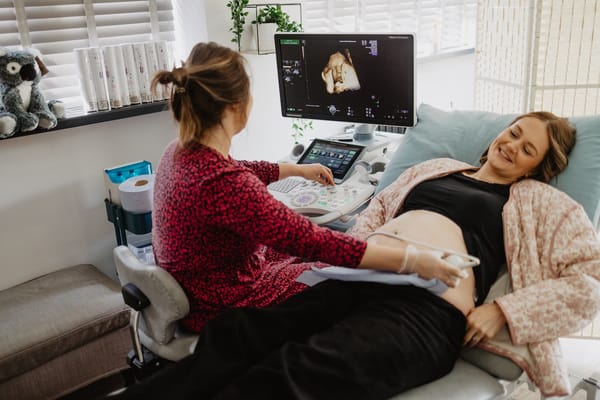Are Private Pregnancy Scans Dangerous? What the BBC Report Revealed—and What You Should Know

By Maria Birch, UK-Registered Obstetric Sonographer
Last updated: 2nd July 2025
When the BBC published its undercover investigation into private pregnancy scans, the headlines were shocking—but, sadly, not surprising to those of us who’ve worked in both public and private ultrasound settings.
From missed diagnoses of serious conditions like spina bifida, to dangerously conflicting scan reports, the investigation uncovered what many in the industry already knew:
As a sonographer who has spent over a decade in both the NHS and private sector, I want to help you understand what went wrong in these cases—and how to protect yourself when choosing a private scan provider.
What Did the BBC Report Uncover?
The investigation highlighted several serious cases of poor practice, including:
- A woman nearly dying from an undiagnosed ectopic pregnancy, after receiving a scan report that bizarrely stated both “no fetus seen” and “normal live pregnancy”
- A couple whose baby had anencephaly, a severe condition incompatible with life—yet they were sent away from their scan and attended a gender reveal party, unaware
- At least three missed cases of spina bifida in one week
- Staff unable to interpret or explain what they were seeing on the scan screen
- Companies falsely claiming their sonographers were registered with UK regulatory bodies
- Clinic directors allegedly planting fake reviews online under personal accounts
The implications are serious—but so is the need for balanced understanding. Not every private scan provider is unsafe. But there are three major problems in the system that every parent deserves to know.
Problem 1: Scans Booked Too Early
One whistleblower—an experienced NHS sonographer who worked at several private clinics—put it simply:
“There’s nothing wrong with wanting reassurance. But they offer scans from 6 weeks where it’s hit or miss whether you can actually see anything.”
She’s absolutely right. Scanning before 6 weeks can often lead to:
- Inconclusive results (e.g. no heartbeat seen yet)
- Unnecessary anxiety
- Referral back to NHS early pregnancy services—which strains already-stretched systems
This is why, at Sneak-A-Peek Ultrasound, you can’t just book a scan online like ordering a pizza. Every client completes a pre-scan questionnaire and has a conversation with me personally. I’ll ask:
- How confident are you in your dates?
- What’s your reason for the scan?
- Do you understand what an early scan can and cannot show?
Only then do we agree on a sensible, reassuring appointment time.
Problem 2: Lack of Regulation for Sonographers
Perhaps the most disturbing part of the report is that sonography is not a regulated profession in the UK.
What does that mean in practice?
- Anyone can call themselves a “sonographer”—with or without formal training
- There’s no legal requirement to be registered with the HCPC (Health and Care Professions Council)
- There’s no unified, standardised training route for sonography in the UK
Many sonographers do hold postgraduate qualifications, like I do. But others may have minimal training—or none at all. That’s true in both private and NHS settings.
Until sonography is formally regulated, patients have no guaranteed way to verify a provider’s qualifications or competence.
Problem 3: Rushed, Overbooked Clinics
The whistleblower described her private scan shifts as:
“A conveyor belt. Five- to eight-minute slots. You’re expected to do a full medical check, explain everything, give pictures—and then move on.”
That’s not care. That’s throughput.
When I was pregnant with my daughter Mabel, I experienced it myself during a private early scan. It was rushed, impersonal, and I left feeling flat. And I was one of the lucky ones—my pregnancy was healthy.
But for anyone navigating anxiety, uncertainty, or complications, five minutes is not enough.
At Sneak-A-Peek, every scan appointment is at least 45 minutes long. You’re never hurried. You’re never left in the dark. You leave with answers—and peace of mind.
Why Some Private Scans Are Unsafe—and How to Stay Safe
In my view, poor private scan experiences are often the result of three things:
|
Issue |
How We Prevent It at Sneak-A-Peek |
|---|---|
|
Scans done too early |
Pre-scan conversation to confirm your dates and reasons before booking |
|
Unqualified sonographers |
I hold a Postgraduate Diploma in Medical Ultrasound and have scanned thousands of women over 10+ years |
|
Not enough time to scan properly |
Every appointment is 2–3x longer than industry standard |
If you’re considering a private scan, especially in early pregnancy, I strongly encourage you to do your research, ask questions, and speak directly to the person who’ll be scanning you.
Final Thoughts: The System Needs Change—But You Still Have Options
Sonographers have been calling for regulation for years. The BBC report, and the bravery of the whistleblower involved, may finally help push that conversation forward.
Until then, we need to hold ourselves to higher standards—privately and publicly. And that starts with transparency, qualification, and time to care.
Download Your Pregnancy Scan Timeline — a free expert guide to what scans are available, when to have them, and why they matter.





